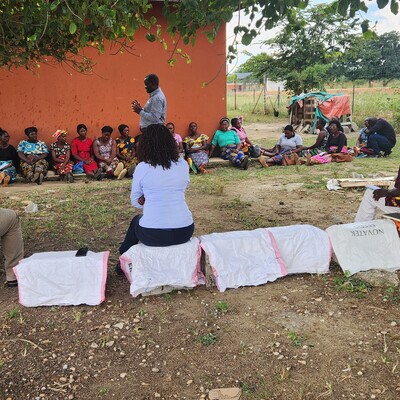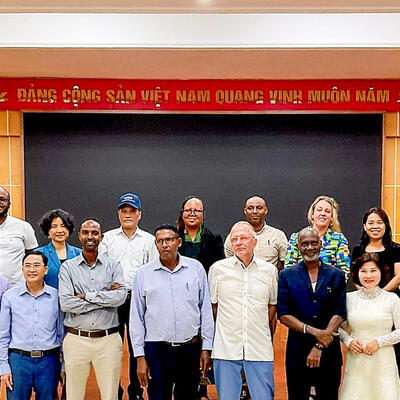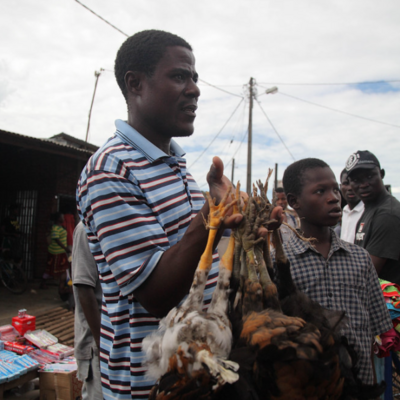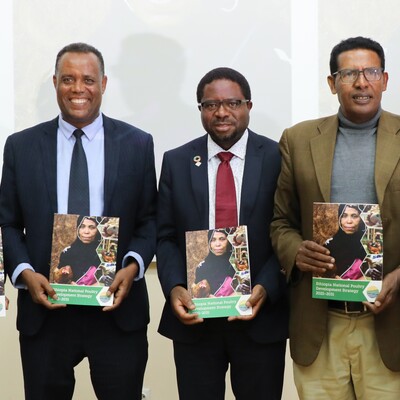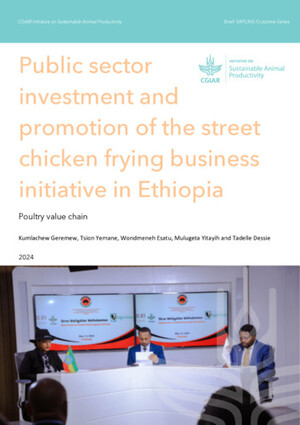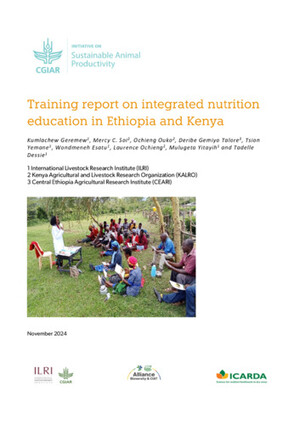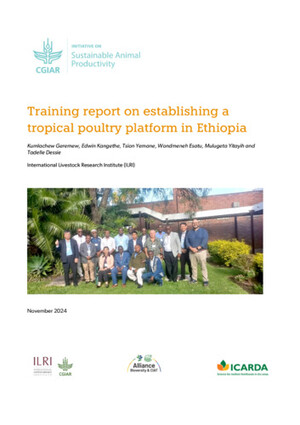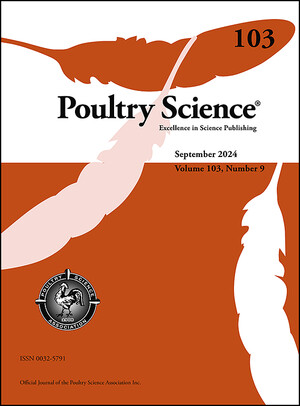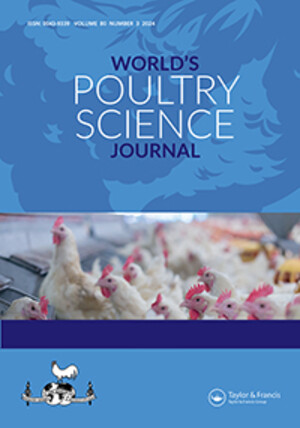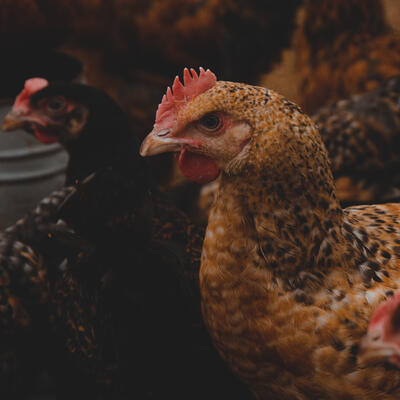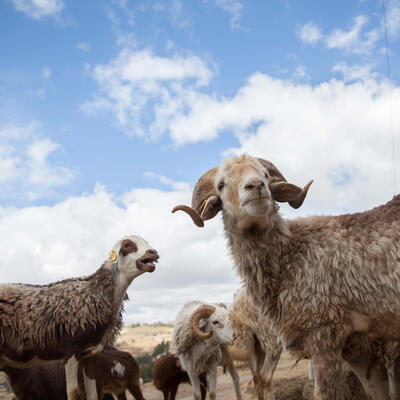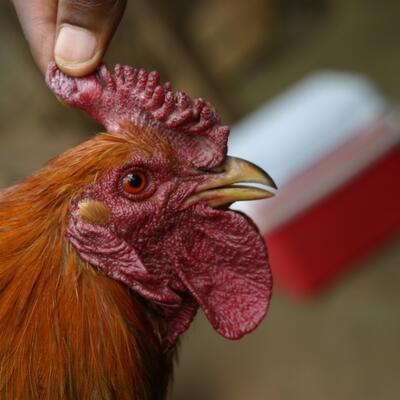
Assessment report of gender capacities of ACGG partners in Ethiopia

A smallholder farmer with her chicken from the Southern Nation, Nationalities, and Peoples’ Region (SNNPR), Ethiopia (photo credit: ILRI/ Camille Hanotte).
This post is adapted from the executive summary of the gender capacity assessment of the African Chicken Genetic Gains project partners in Ethiopia report.
The African Chicken Genetic Gains (ACGG) project has carried out a gender capacity assessment of its partners in Ethiopia.
Led by Transition international (Ti), the review evaluated the status of current partners’ gender capacities against the desired gender capacities in six core areas:
- Gender analysis and strategic planning
- Gender-responsive programming, budgeting, and implementation
- Knowledge management and gender-responsive monitoring and evaluation
- Partnerships and advocacy
- Leadership and transformation
- Gender at the workplace
Among the partners evaluated was the National Agricultural Research System (NARS), which is one of key implementing partners of the International Livestock Research Institute (ILRI)-led ACGG in the country. Other partners that were assessed include the Ethiopian Institute of Research Institute (EIAR), the Oromia Agriculture Research Institute (OARI), the Southern Agricultural Research Institute (SARI) and the Tigray Agricultural Research Institute (TARI).
Despite a high level of government commitment to gender and related issues through appropriate policies and a women’s ministry, gender capacity and responsiveness in the NARS is very low.
But ACGG is working on mainstreaming gender and addressing the needs and interests of women smallholder chicken farmers in the country. Currently, ACGG is in the process of developing a gender strategy that will strengthen the development of gender capabilities within the project.
The core gender capacities in the national and regional research institutes were measured at individual staff and organizational levels in relation to the contextual, institutional and policy environment that enables or disables the capacities. Results showed that the core gender capacities are ‘insufficiently’ and ‘partially’ developed (between 2.4 and 2.9 on a scale of 1-5). Among the six core gender capacities, gender analysis and strategic planning; knowledge management and gender-responsive monitoring and evaluation (M&E) are the least developed.
The findings of this assessment will be used to formulate a capacity development response that will build partners’ capability to effectively and efficiently solve problems and carry out gender-responsive activities. Ti recommended the finalizing of the ACGG gender strategy with clear gender indicators and an action plan that will support partners in improving their gender responsiveness.
Read the full report: Gender capacity assessment of the African chicken genetic gains project partners in Ethiopia
Read related stories:
ACGG Tanzania gender capacity assessment report released
ACGG teams to meet in Addis Ababa this week to roll out program’s gender strategy





